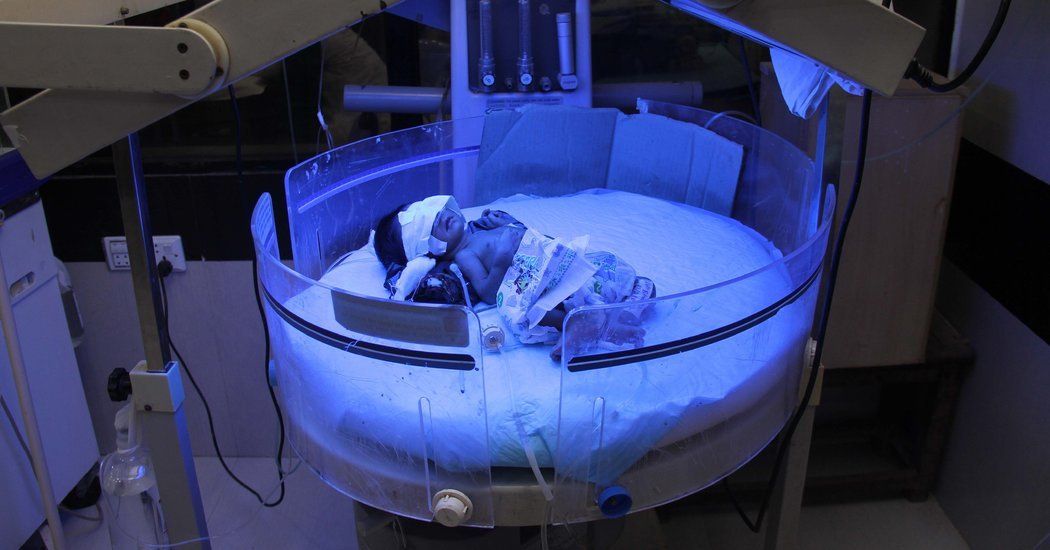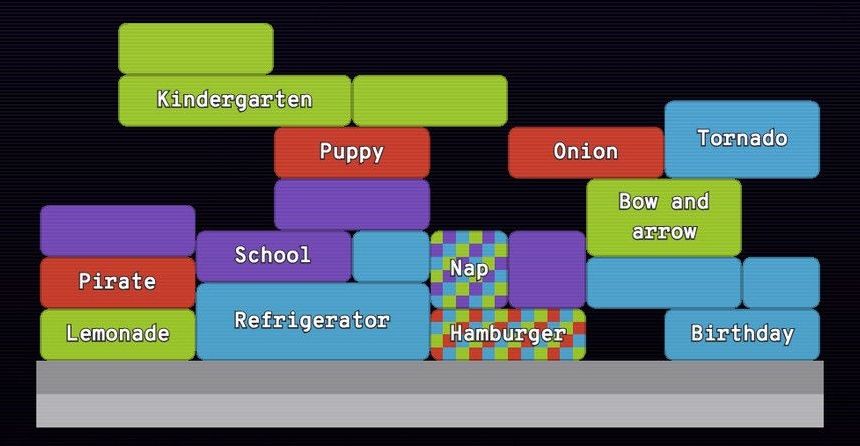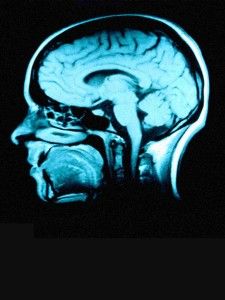Page 9825
Apr 13, 2018
Google’s latest AI experiments let you talk to books and test word association skills
Posted by Genevieve Klien in categories: business, engineering, habitats, information science, Ray Kurzweil, robotics/AI
Google today announced a pair of new artificial intelligence experiments from its research division that let web users dabble in semantics and natural language processing. For Google, a company that’s primary product is a search engine that traffics mostly in text, these advances in AI are integral to its business and to its goals of making software that can understand and parse elements of human language.
The website will now house any interactive AI language tools, and Google is calling the collection Semantic Experiences. The primary sub-field of AI it’s showcasing is known as word vectors, a type of natural language understanding that maps “semantically similar phrases to nearby points based on equivalence, similarity or relatedness of ideas and language.” It’s a way to “enable algorithms to learn about the relationships between words, based on examples of actual language usage,” says Ray Kurzweil, notable futurist and director of engineering at Google Research, and product manager Rachel Bernstein in a blog post. Google has published its work on the topic in a paper here, and it’s also made a pre-trained module available on its TensorFlow platform for other researchers to experiment with.
The first of the two publicly available experiments released today is called Talk to Books, and it quite literally lets you converse with a machine learning-trained algorithm that surfaces answers to questions with relevant passages from human-written text. As described by Kurzweil and Bernstein, Talk to Books lets you “make a statement or ask a question, and the tool finds sentences in books that respond, with no dependence on keyword matching.” The duo add that, “In a sense you are talking to the books, getting responses which can help you determine if you’re interested in reading them or not.”
Apr 13, 2018
Ray Kurzweil: Universal Basic Income will arrive in the 2030s
Posted by Genevieve Klien in categories: economics, media & arts, Ray Kurzweil
That, he said, will lead to new forms of expression, such as music, that will be as different from today’s communication as current human expression is from that of primates.
Asked how the U.S. and other countries would pay for a basic income, given existing large deficits, Kurzweil predicted that massive deflation would make goods much cheaper.
Separately: Kurzweil debuted a new Google project called “Talk to Books,” a new free tool that allows people to use their voice to ask a question and that will go find the best answers from hundreds of thousands of books. Unlike traditional search, it is based on semantics, not keywords.
Continue reading “Ray Kurzweil: Universal Basic Income will arrive in the 2030s” »
Apr 13, 2018
Robot Cities: Three Urban Prototypes for Future Living
Posted by Klaus Baldauf in categories: biotech/medical, economics, finance, governance, internet, robotics/AI
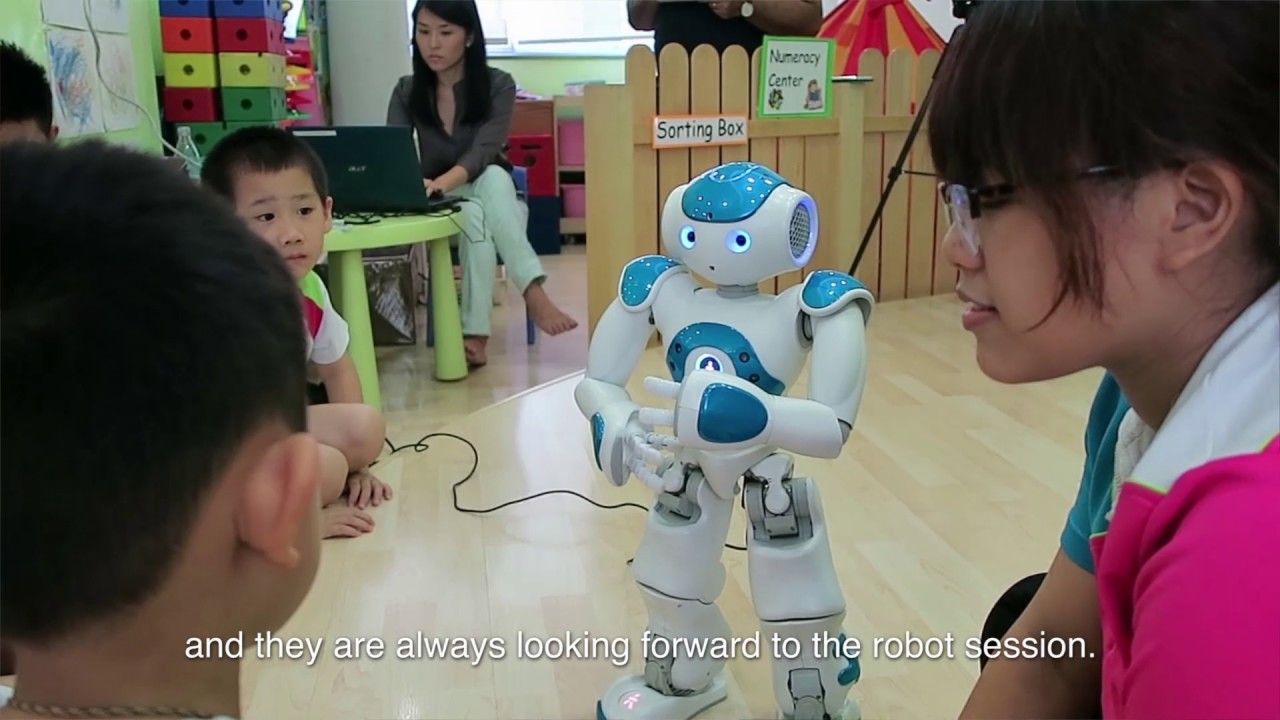
Before I started working on real-world robots, I wrote about their fictional and historical ancestors. This isn’t so far removed from what I do now. In factories, labs, and of course science fiction, imaginary robots keep fueling our imagination about artificial humans and autonomous machines.
Real-world robots remain surprisingly dysfunctional, although they are steadily infiltrating urban areas across the globe. This fourth industrial revolution driven by robots is shaping urban spaces and urban life in response to opportunities and challenges in economic, social, political, and healthcare domains. Our cities are becoming too big for humans to manage.
Continue reading “Robot Cities: Three Urban Prototypes for Future Living” »
Apr 13, 2018
12 Futuristic Technologies That Could Become Reality in 2018
Posted by Genevieve Klien in categories: business, privacy, robotics/AI, transportation
In the last year, the business and consumer markets alike have seen the release of advanced technologies that were once considered the stuff of science fiction. Smart gadgets that control every facet of your home, self-driving vehicles, facial and biometric identification systems and more have begun to emerge, giving us a glimpse of the high-tech reality we’re moving towards.
To find out which futuristic technologies are on the horizon, we asked a panel of YEC members the following question:
Apr 13, 2018
What is relativity? Einstein’s mind-bending theory explained
Posted by Genevieve Klien in categories: information science, nuclear energy
Albert Einstein is famous for his theory of relativity, and GPS navigation and nuclear energy would be impossible without the equation e=mc2.
Apr 13, 2018
Bioquark Inc. — Illuminations Media — Ira Pastor
Posted by Ira S. Pastor in categories: aging, bioengineering, biotech/medical, business, health, innovation, life extension, neuroscience, science, transhumanism
Apr 13, 2018
Bioquark Inc. — Core Brain Podcast — Ira Pastor
Posted by Ira S. Pastor in categories: aging, bioengineering, biological, biotech/medical, disruptive technology, DNA, futurism, genetics, neuroscience, science
Apr 13, 2018
Wormhole Entanglement and the Firewall Paradox
Posted by Genevieve Klien in categories: cosmology, quantum physics
A bold new idea aims to link two famously discordant descriptions of nature. In doing so, it may also reveal how space-time owes its existence to the spooky connections of quantum information.
Apr 13, 2018
The World’s Tiniest Computer Is Smaller Than A Grain Of Salt
Posted by Shane Hinshaw in category: computing
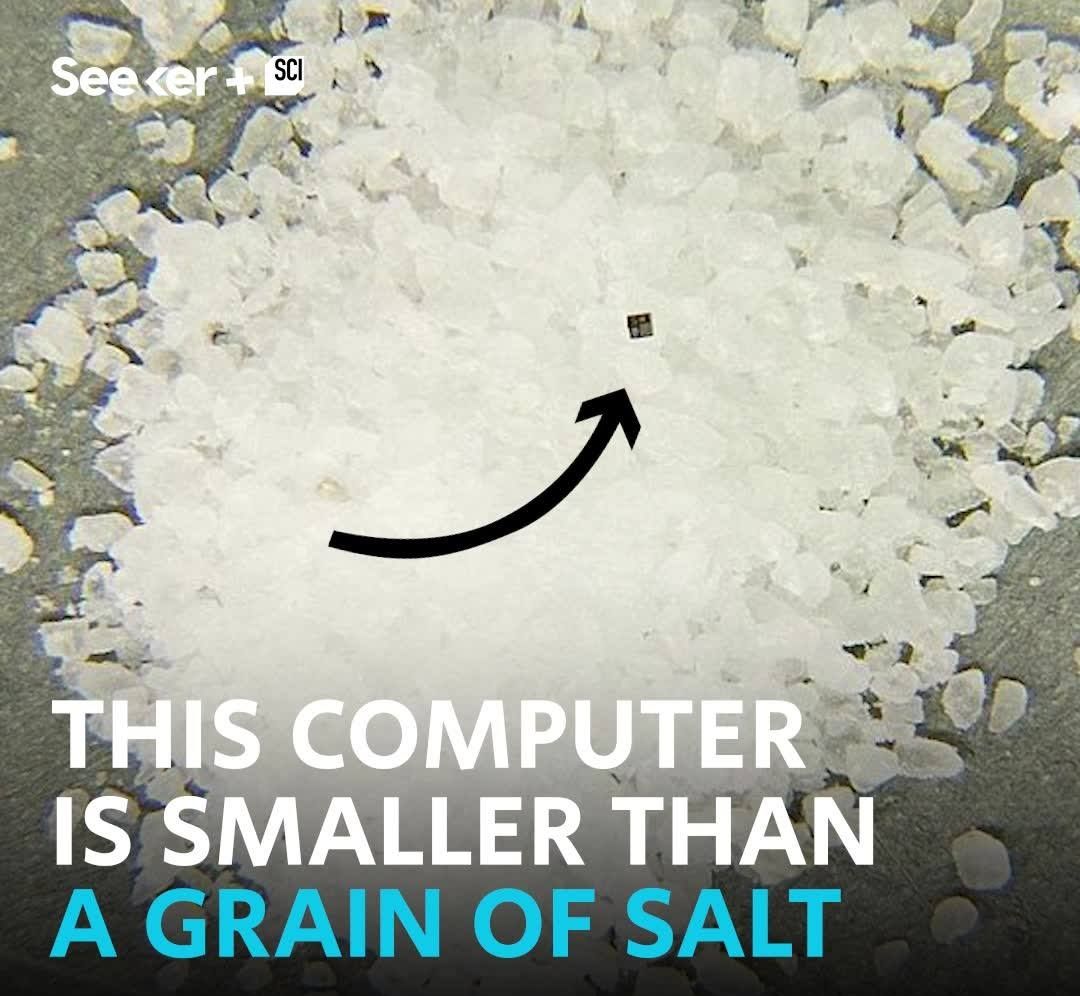
Take a microscopic look at the world’s tiniest computer, which is smaller than a grain of salt. (via Seeker)
